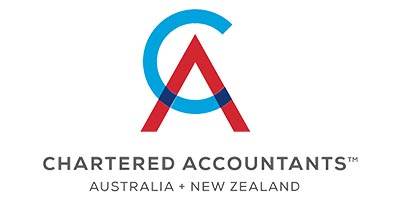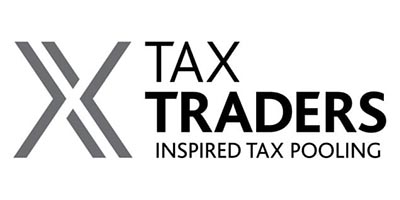The Taxation (Income Tax Rate and Other Amendments) Bill was passed last year, and this required increased disclosure from Trusts. These changes have been made to improve the transparency of trusts and their financial positions.
Additional information disclosed as part of the new rules will help Inland Revenue understand how trusts are being used to accumulate and distribute income.
From the 2022 income year, trustees will need to provide the following information to the IRD as part of the annual filing process:
- Financial summaries with a statement of profit or loss, as well as a statement of financial position.
Statements of profit or loss, must include the following information:
- Net profit or loss before tax
- Any Tax adjustments and
- Any Untaxed realised gains and receipts
A trusts statement of financial position, must include information on:
- Assets – including, financial arrangements, land, buildings, shares/ownership interests and total assets
- It must also cover Liabilities – including, financial arrangements and total liabilities, and lastly
- Equity – this is broken down into owners’ equity, drawings, current account year-end balances, and movements in beneficiary accounts
Also need to indicate the valuation methodology applied to the Land, Buildings and Shares/Ownership interests categories of assets.
- Details of distributions made to beneficiaries (capital and income) and beneficiary details: name, IRD number, date of birth (the source of the distribution may also be required to be disclosed)
- Details of settlements made during the year (amount of settlement and type) and settlor details: name, IRD number, date of birth
- The names, birth dates, tax residence information and filing numbers for every person having a power to add or remove Trustees or beneficiaries under the trust
- Other information as specified by the Commissioner e.g., any transfers to the trust by associated persons
The above disclosures are required as part of the trust’s annual return requirements. The additional disclosures are required for the 2022 income year and going forward, however the Commissioner is entitled to request information back to 2013 where issues are identified.

Exemptions
The following types of trusts are exempt from the above requirements
- Non-active trust
- Foreign trust
- Charitable trust
- Eligible to be a Māori authority
- Widely-held superannuation fund
- Employee share scheme
- Debt funding special purpose vehicle
- Energy lines trust
Help with your trust
As you can see, the trust reporting and disclosure requirements are getting increasingly complex. Get in touch with us if you’d like to discuss the new requirements for your trust and how we can help you navigate these.







